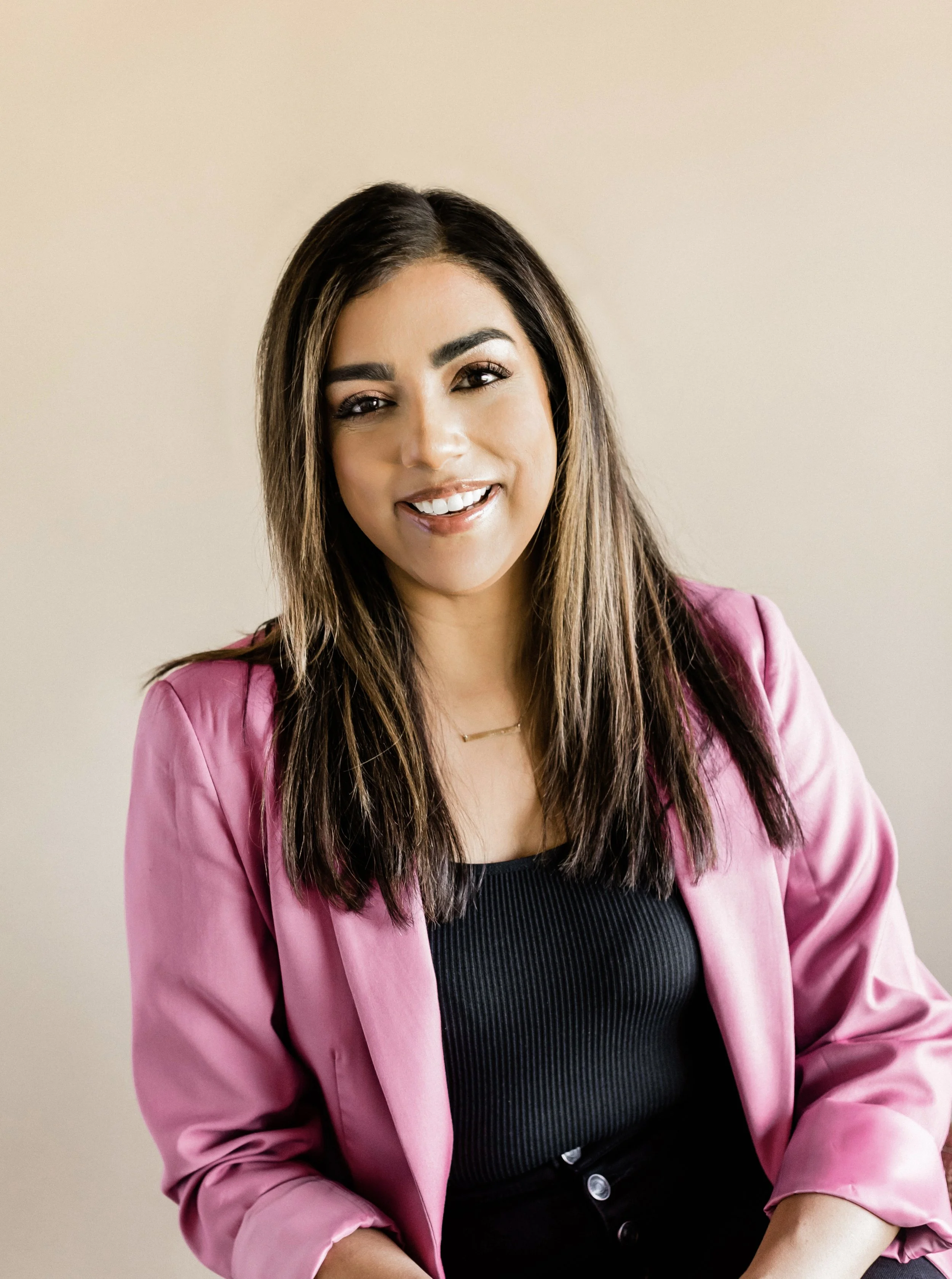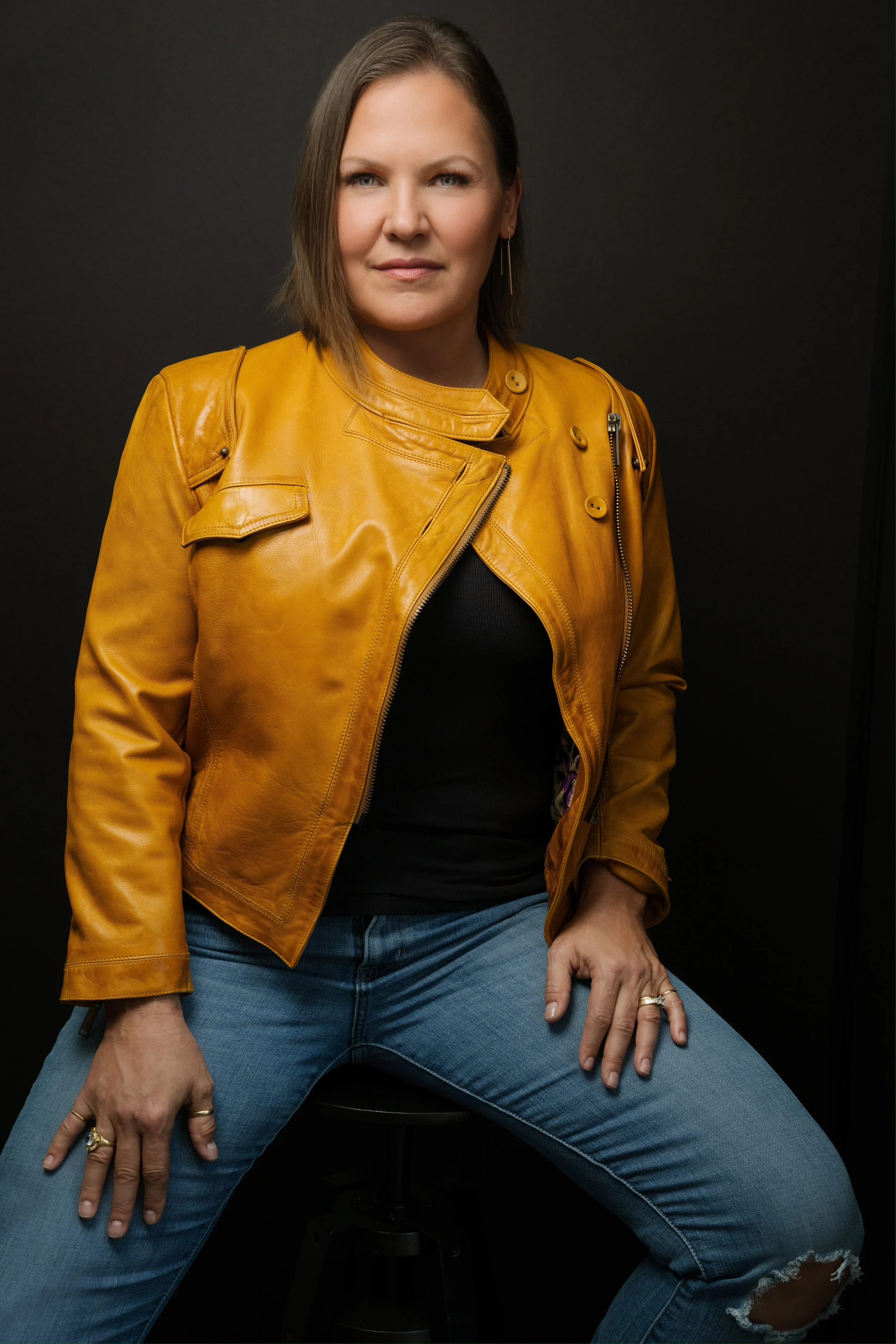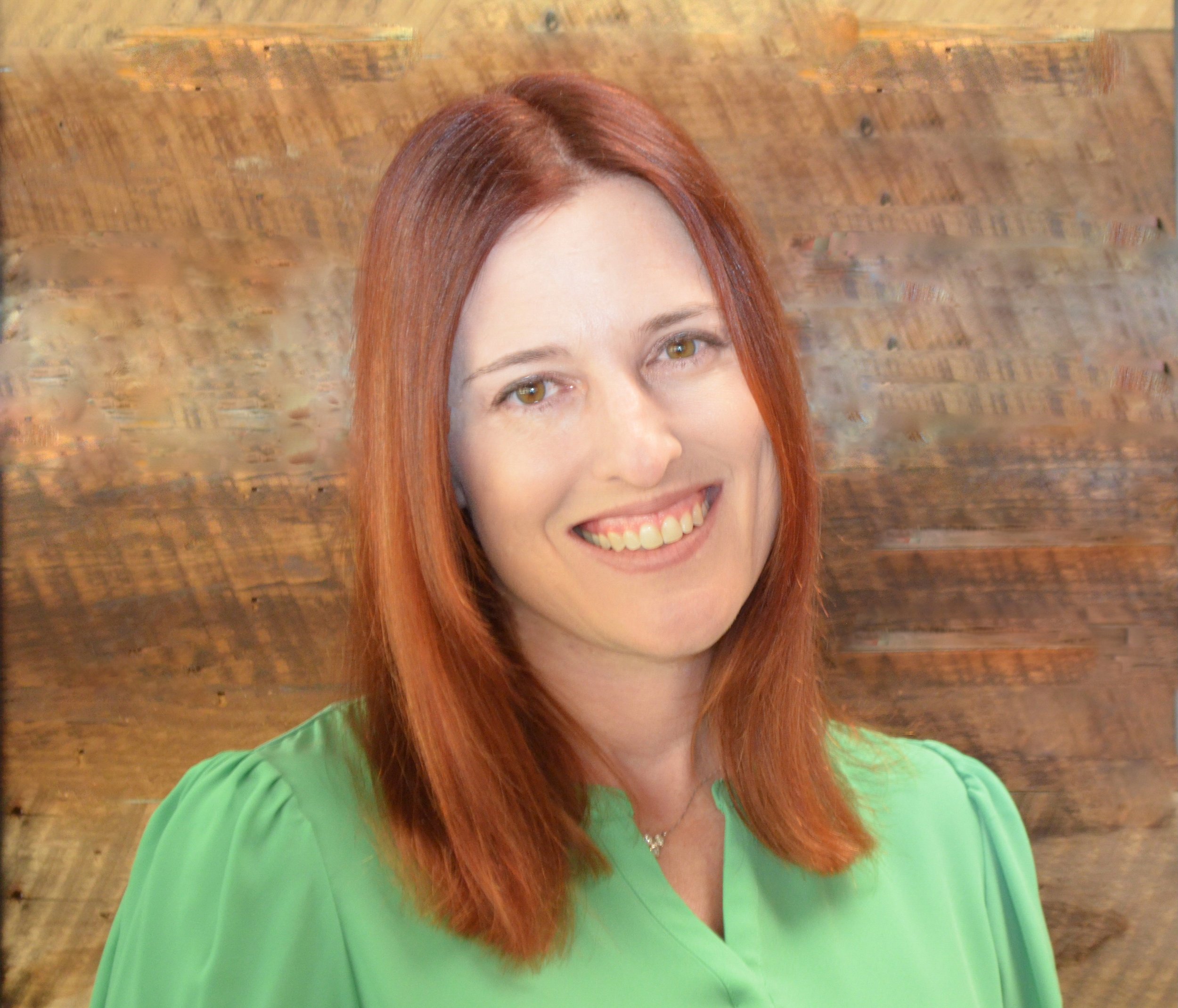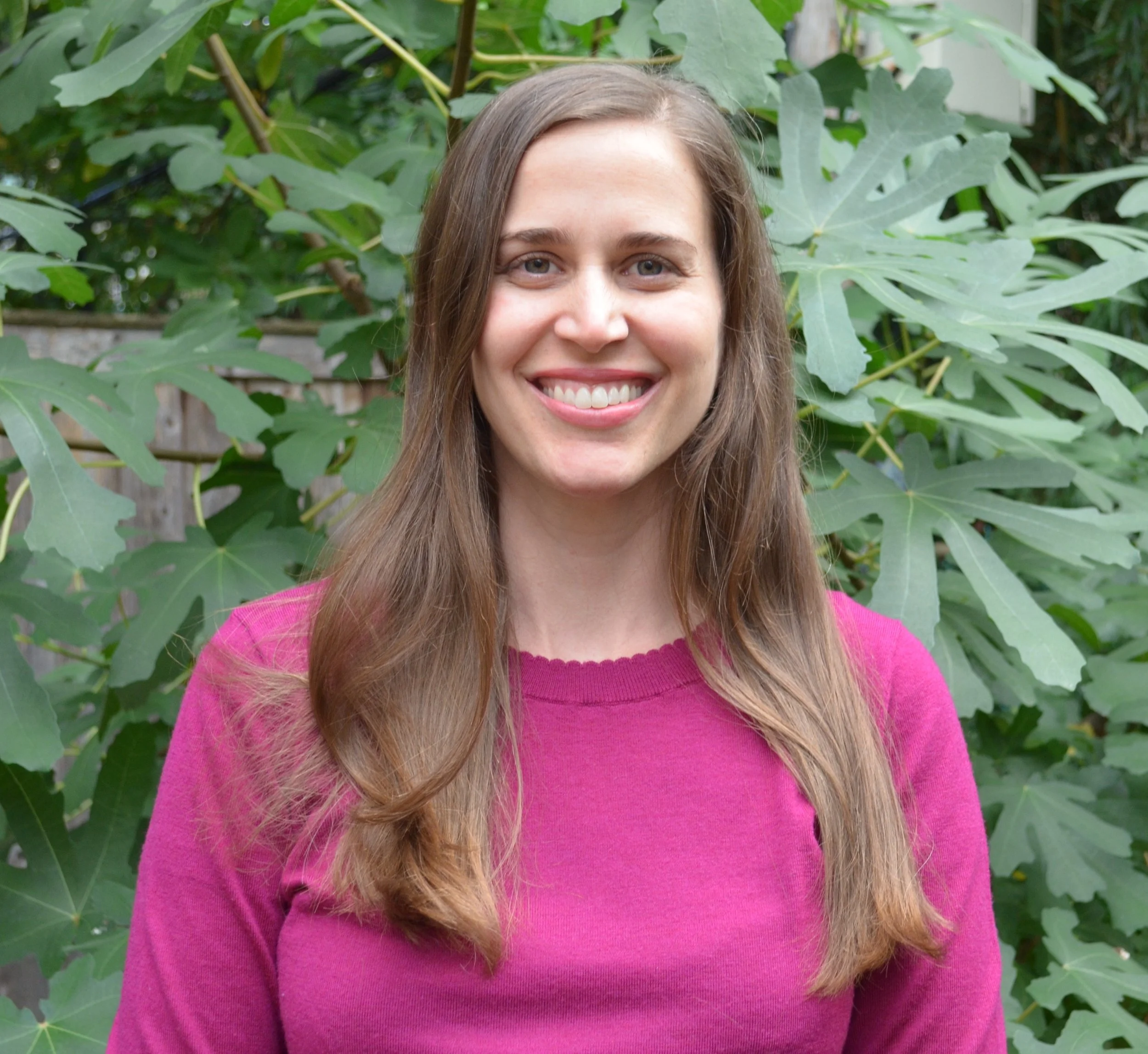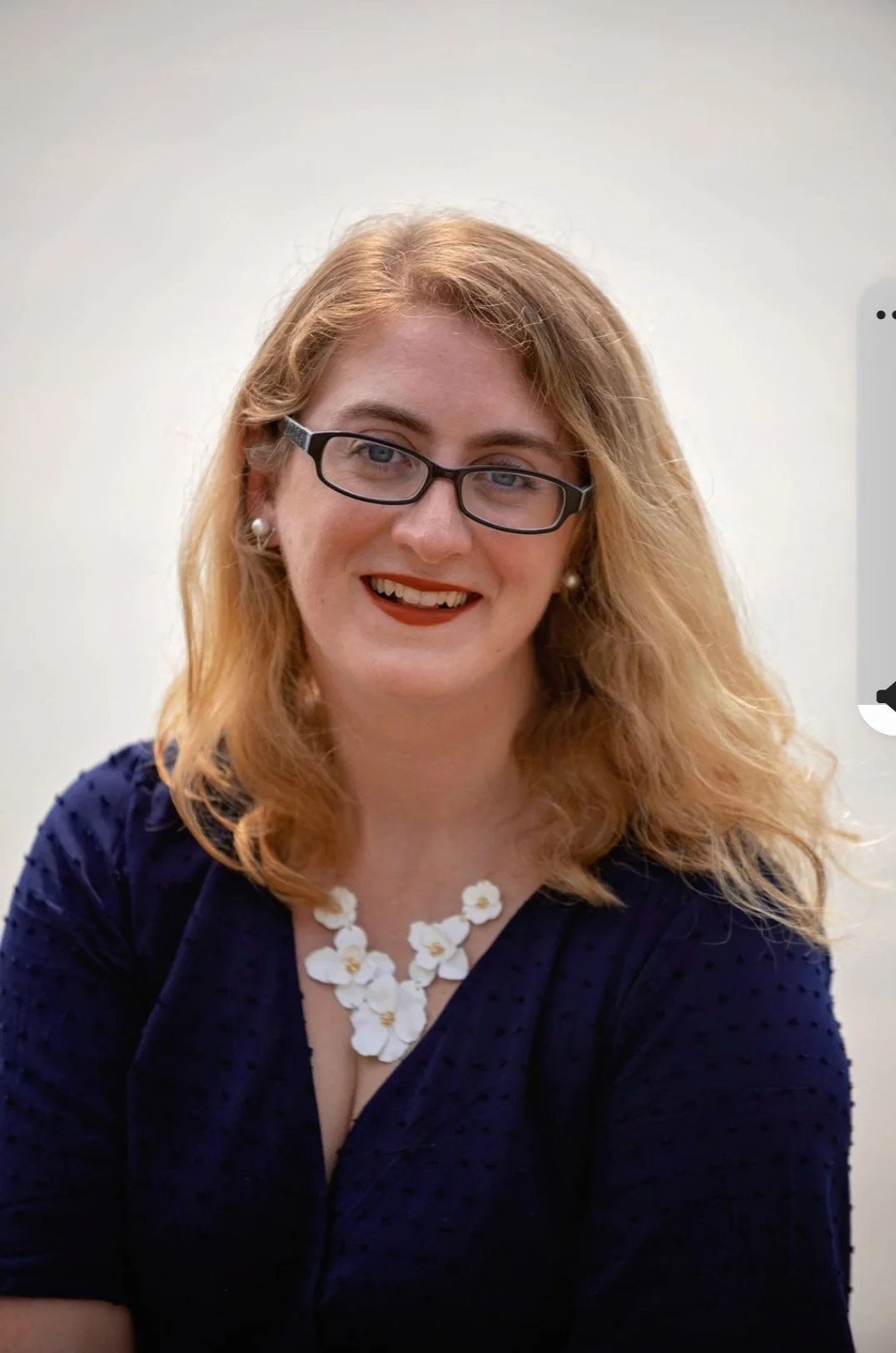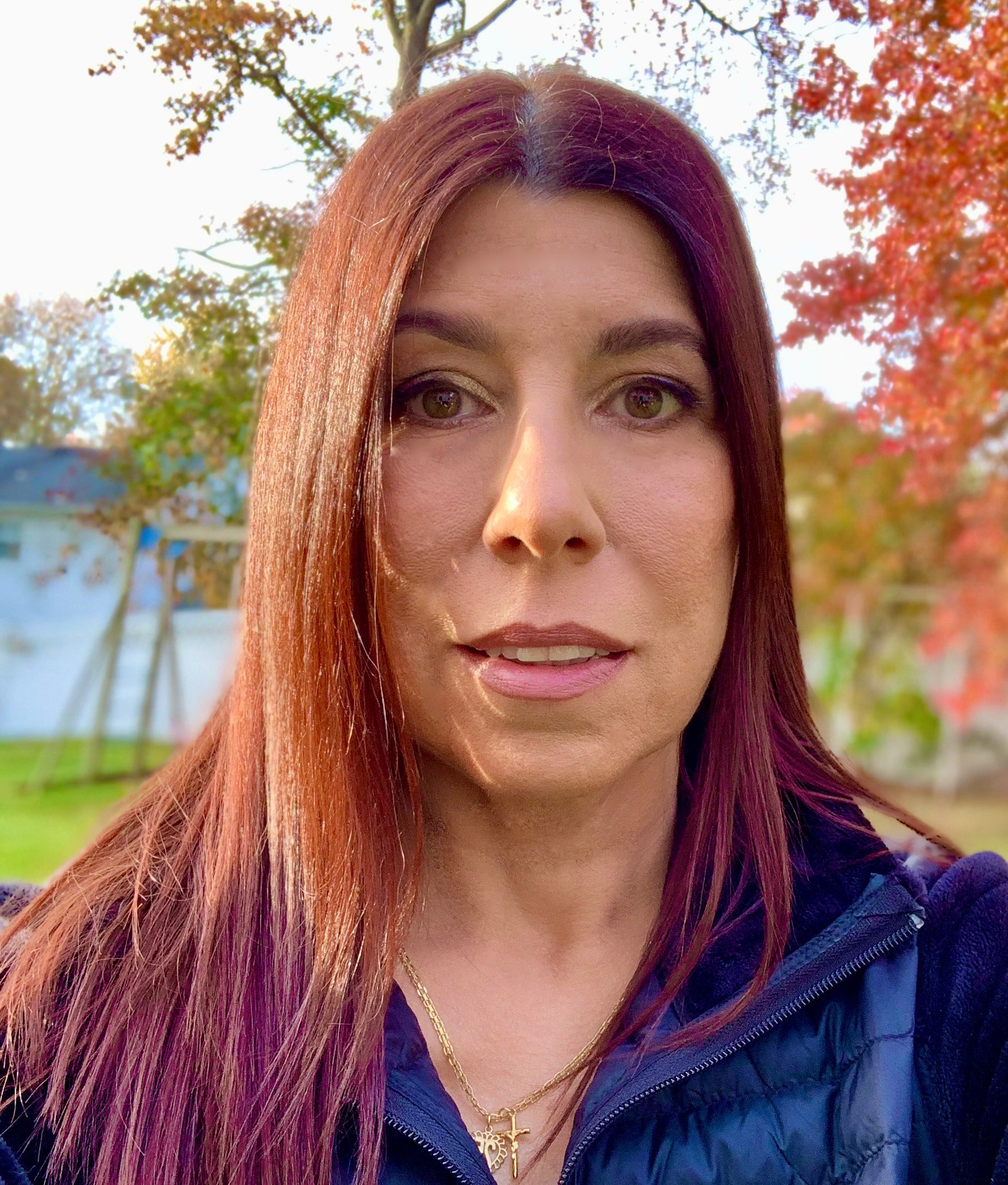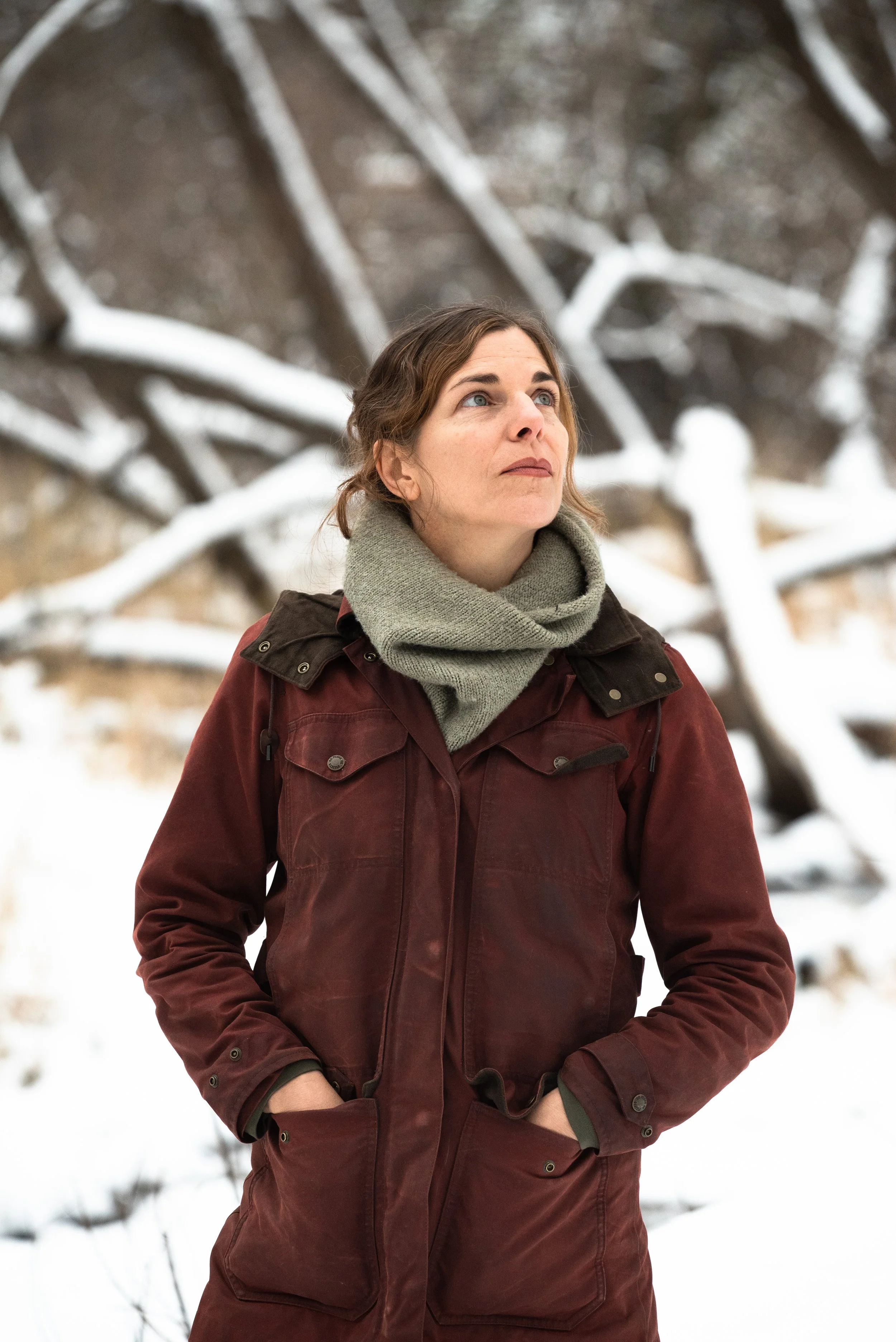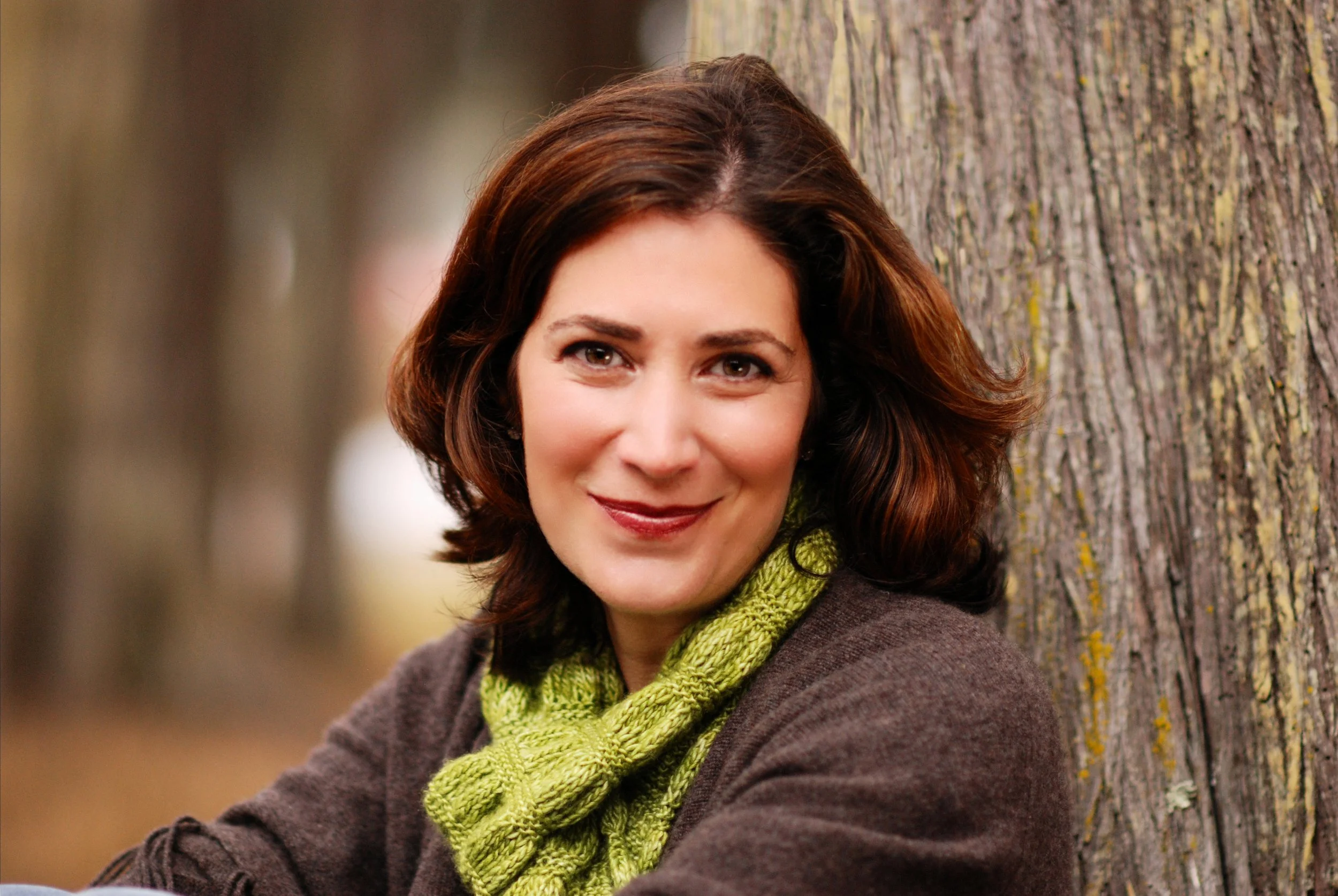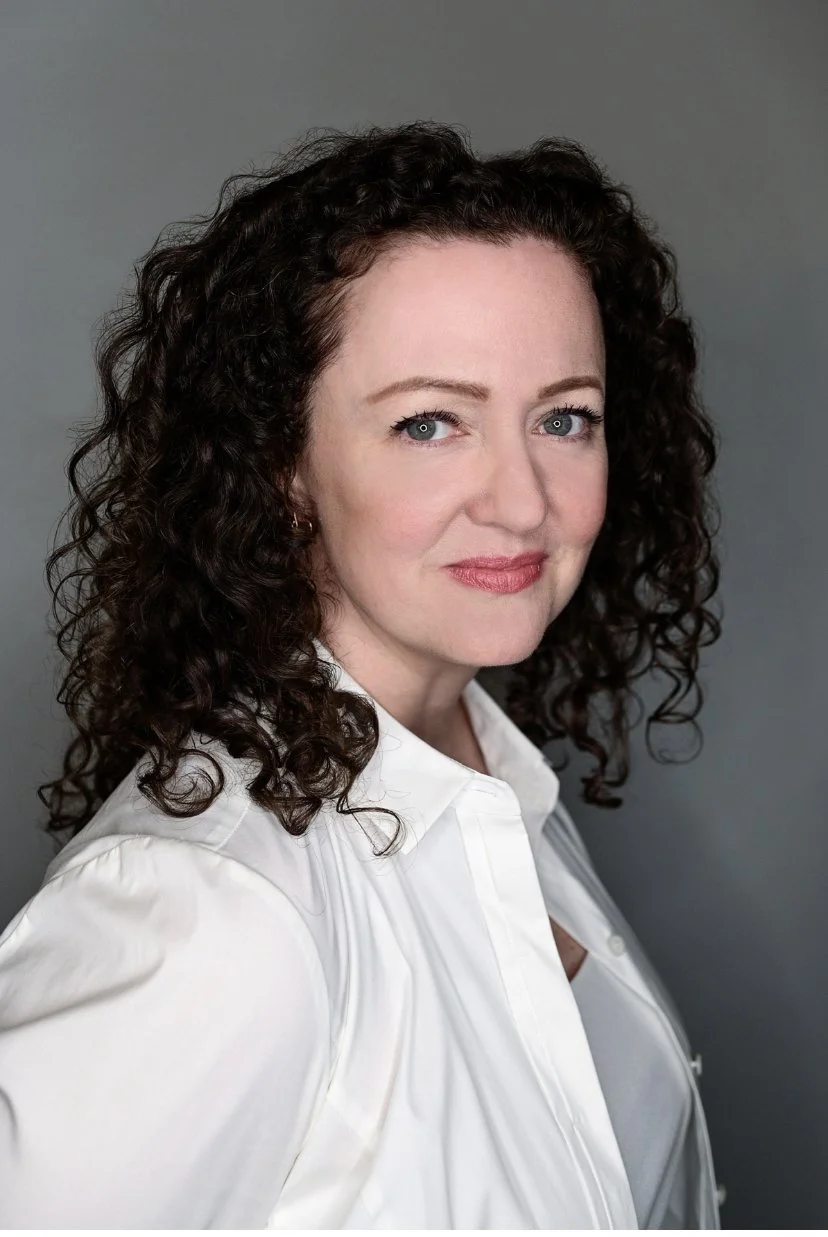Authors Advice for Young Writers
Authors Share Their Best Advice for Young Writers in celebration of “Encourage a Young Writer Day” on April 10
I want to note that I do not get paid to do these posts, I just love authors and the book industry. However, they do take time and energy to create. If you want to donate a few dollars to my coffee fund, which keeps this blog going, you can do so here: https://venmo.com/AshleyHasty or here: http://paypal.me/hastybooklist.
What is "Encourage a Young Writer Day"
"Encourage a Young Writer Day" is a day dedicated to supporting and motivating young writers to pursue their passion for writing. It's an opportunity to recognize the talent and potential of young writers and provide them with encouragement, guidance, and resources to help them develop their skills and achieve their goals in the field of writing.
On this day, parents, teachers, mentors, and peers are encouraged to offer words of encouragement, constructive feedback, and practical support to young writers. This could involve providing them with writing prompts, recommending helpful books or writing workshops, or simply expressing belief in their abilities.
Encourage a Young Writer Day serves as a reminder of the importance of nurturing creativity and fostering a love for writing in young people, as well as acknowledging the significant impact that encouragement and support can have on their development as writers. It aims to inspire young writers to explore their creativity, hone their craft, and pursue their dreams of becoming successful writers.
How to Celebrate "Encourage a Young Writer Day"
Host a Writing Workshop: Organize a writing workshop or seminar specifically tailored for young writers. Invite experienced writers, authors, or educators to share their knowledge and provide tips for improving writing skills.
Provide Writing Prompts: Offer a variety of writing prompts to spark creativity and inspire young writers to explore different genres and styles of writing.
Create a Writing Contest: Organize a writing contest with various categories based on age, genre, or theme. Offer prizes or recognition to winners to motivate participation and celebrate their achievements.
Feature Young Writers' Work: Create a platform, such as a blog, newsletter, or social media page, to showcase the work of young writers. This can help amplify their voices and provide them with exposure to a wider audience.
Arrange Author Visits: Invite published authors or local writers to visit schools or community centers to speak about their writing journey, share insights, and offer encouragement to aspiring young writers.
Start a Writing Club: Establish a writing club or group where young writers can come together to share their work, receive feedback, and support each other's growth as writers.
Offer Writing Resources: Provide access to writing resources such as books, writing guides, online courses, and writing software to help young writers enhance their skills and knowledge.
Encourage Journaling: Encourage young writers to maintain a journal or diary where they can freely express their thoughts, feelings, and ideas. Journaling can help cultivate the habit of writing regularly and serve as a creative outlet.
Host a Read-Aloud Event: Organize a read-aloud event where young writers can share their writing with others in a supportive and welcoming environment. This can help boost their confidence and foster a sense of community among aspiring writers.
Offer Feedback and Encouragement: Take the time to provide constructive feedback and words of encouragement to young writers. Acknowledge their efforts, offer praise for their strengths, and provide gentle guidance for areas of improvement.
Celebrate Achievements: Celebrate the achievements of young writers by hosting a recognition ceremony, publishing their work in a literary magazine or anthology, or presenting certificates of achievement.
Promote Writing Diversity: Encourage young writers to explore diverse perspectives, voices, and experiences in their writing. Foster an inclusive environment where writers feel empowered to tell their own stories authentically.
By engaging in these activities, individuals and communities can actively participate in "Encourage a Young Writer Day" and inspire the next generation of writers to pursue their creative passions with confidence and enthusiasm.
Authors Advice for Young Writers
Ellen Alpsten
Dear Young Writer, hello, and welcome to the world of your making your dream come true. It may well be a wild ride, so hold on tight. Let's put on the Teflon jacket (to blind yourself against all the rejections you WILL suffer, but 'per aspera ad astram! Here we go - my five cents and top tips to becoming a novelist. The three 'r' - read a lot! Best is to read in the genre you write, so you get a feeling for what is marketable. Unfortunately, publishing is no charity and the bottom-line counts. The more you read, the better you will write. Yes, it's an art that needs honing, such as any craft. If you run more you get fitter. If you practice piano, you'll get a virtuoso. Even if you want to succeed by being cool and breaking the rules, you first will have to learn them. So: bum on seat. There's no way around it. If you want to write a book, nothing beats writing it. Research is then a wider field - learn all you can about the industry and try to get free feedback where ever it's available - festivals, online gatherings, free Q&As, book launches, follow writers, agents and editors on Twitter and Instagram to get a feel for things. And if you do all this, you'll have the most important thing: FUN while fulfilling your dream. Good luck! I'll see you here, contributing, soon. Much love, Ellen
Neely Tubati Alexander
Trust the process. The only thing you have control over is your writing. How often you write, what you write and if you keep going. Focus on the work and trust that if you keep working at it, it will pay off.
Delise Torres
Don't censor yourself while you write. Write whatever comes to mind, what's in your heart, without fear. Focus on finishing that first draft. Then connect with other writers and seek feedback. This can be a scary and vulnerable place. You will be sharing a piece of yourself with someone who may shred it to pieces. But if you want to be a serious writer, you need to open up yourself to criticism. Be true to your voice and only apply the feedback that makes sense to you. But also, be open to change your book even if it means rewriting the whole thing. Good writing friends will help and support you. And most importantly, be kind to yourself and don't give up!
Penny Haw
Write what you love! It requires hard work, discipline and resilience to write, publish or be published, and find readers. Choose a genre, theme and story you love to enhance the process. If you love it, chances are your passion will show and others will too.
It can be tempting to pursue other people’s ideas of what you should write, particularly when you're learning the ropes. After all, what do you know? What if they’re right and you are, as that not-so-little voice in your head regularly suggests, clueless? It’s also understandable that some authors try to create the kind of books they think the market wants. Isn’t that a certain road to success? Alas, it’s not. Given the shape-shifting nature of the publishing market no one, not even the best-informed editors and publishers, knows exactly what the market wants. Moreover, by the time your book is written and published, the market’s perceived appetite will have changed several times.
What about the adage, “Write what you know”? Well, yes, that might do—provided you love what you know. I believe the other saying, “Write what you’d like to read” is more useful. If you write what you love, it follows that you’ll love to read it—and you’ll need to read it often before it’s published.
There are so many unknowns in publishing, no guarantees and many things you cannot control as an author. But you can choose to write what you love. Not only will it make you happy but it’s probably also what you’re good at and what you are likely to be most proud of.
So, choose to be the happiest author you can be. Write what you love.
Chris Cander
Write notes to your favorite authors—love notes, thank-you notes, notes that explain what their work means to you and why. Writing can be a lonesome business, and receiving an unexpected letter or email from a fan can uplift an author’s spirits all the way to where the muses live. It’s also a great way to shake off your funk if you’re blocked or despairing about your own work in progress. You may not get a reply, but the best, kindest authors usually will send one. And someday, when you’re the author inspiring other readers and aspiring writers and one of them sends you a love letter, be one of the good, kind ones.
C. D'Angelo
Here's something you've probably heard before for different areas of you life...be you. This is the best advice I can give to a young writer because in today's society, you will compare yourself to other writers. You will see the success, failure, and everything in between and it's easy to be struck with envy, fear, or anxiety. But don't worry because nobody in this world is you! And guess what, being you means there's a new voice in the writing world. There's a new perspective, a fresh way of reaching readers, and a needed niche only you can write in the way you write about it so don't let anything stop you. Be different, be brave, but always be you.
Christina Consolino
Read everything and anything you can. Take your favorite books and figure out what you like about them and what you don’t, where the author soared and where they could have done things better. Look at story structure and understand why it’s useful. Understand that those who came before are great teachers, but that you can be an excellent writer too. Seek feedback and use that feedback to become a stronger writer. Don’t be afraid of research, don’t be afraid of mistakes, don’t hold onto perfection, don’t give in to self-doubt. Find time to write every day, have fun, and keep going—persistence and perseverance make all the difference!
Aliza Fogelson
The process of writing a book can be long; reward yourself along the way. When you finish a few chapters, a first draft, a revision, sending out your first query letter, etc...treat yourself to a new book, an outing with a friend, a yoga class, some really great chocolate (a favorite reward of mine!)...whatever says "celebration" to you.
Mireille Parker
Some authors plan the plot of what they’re going to write beforehand and
others, like me, start writing based on feelings they want to express and
organically find the story through this. It doesn't matter which you are as
long as you know and let yourself be the writer you naturally are. Don't wait
for inspiration to strike. Have a writing routine where you sit down at your
desk and go. It could be an hour a day or an hour three times a week. When I
started, I did an hour at a time five mornings a week, until after a few years,
I could do two hours and sometimes three. I never do more than this. But if
you do it consistently, you'll have a story or book very soon. This is how you
get the first draft.
It's amazing how the subconscious mind works between sessions. The first
day is hard, but when you have that regular writing routine, you get into the
flow. Often, you'll receive a phrase or idea when you're doing other things.
Record those for when you sit down to write the next day. Just write and
don't judge what you've written till later. Some writers will edit on the same
day, but I only read through the first draft and subsequent drafts once I start
editing. It's all about the editing. Writers like Hemingway only did a few
hours a day like me, whereas other writers put in long hours. You have to see
what works for you.
If you're better in the morning, get up an hour earlier and write before
school. Some people get super creative at night. Stop writing each day at a
place that you are excited to go back to the next day. And once you've done
that hour, make sure you celebrate it by marking it off on a calendar and
feeling happy about your success, that you achieved that daily goal. Read
lots and write what you want to read. If your mind isn't into fantastical
situations, write about your real life or mix it with imagination, like me!
Lisa Braxton
Be generous. Build relationships with other authors by supporting them, liking their posts, tagging them, applauding their work, giving them positive reviews when deserved, not for the purpose of increasing your exposure or expanding your audience, but because building relationships is key to creating a writing community that's mutually beneficial.
LaDonna Humphrey
Practice your craft every single day. Write when you feel like it. Write when you don't. Write when you are happy. Write when you are sad. Write no matter what. Why? Well, because writers write. And the best writers -- the ones that are growing and improving their skills, write at least a little bit every day.
Casey Dembowski
Keep writing! Don't worry about publishing or whether it's good or what anyone thinks. Just keeping writing and the rest will figure itself out. Also read everything you can. Read in your genre, read outside your genre, read books you love and books you hate. Soak in everything, and then apply it to your writing.
Laura Whitfield
A lot of aspiring writers believe you have to set aside huge blocks of time to write. That's not true. I believe writing can be the grout between the tiles of a busy day. Write whenever you have a few minutes here and there (a friend of mine wrote his entire novel on his phone while taking the Metro to and from work). If you don't know how to start, begin by setting a timer for ten minutes. Then twenty. Pretty soon you'll get in the flow and lose track of time. Or decide on a word count for your writing session. Figure out what works best for you and then stick to it.
When I was in my thirties, I worked for a New York Times bestselling author. One day I asked her the secret to becoming an author. "Put your butt in the chair," she said with conviction. It's the best advice I ever got. A book can take months, even years, to write. You have to prioritize your writing and show up consistently (whatever that looks like). You'll need support and encouragement along the way—a writers group, a coach—but ultimately, it's up to you.
Kelly Ohlert
Find fellow writers to swap with. Yes, their feedback will help you improve, but equally if not more important is giving feedback. I've always found I've learned so much when critique reading for other writers.
Paulette Stout
When I began my first novel, I thought "real" writers had an easy time of it. I presumed words flowed effortlessly from their fingertips in perfect fashion, ready to be minted in gold. Of course that couldn't be more wrong. All writers struggle. My best advice is expect your first draft to be garbage. Sorry! It's okay though, I promise! Keep writing, without worrying too much about re-reading and perfecting what came before where you stopped your last writing session. Just keep going. If you encounter a fact needing checking, insert [FCK] --fact check-- and keep going. You can search and fix for those later. The more you stop, the less you progress. At least, that's how it is for me. Once done: Congratulations! You have a lump of clay that now needs to be edited into a shiny gem. Knowing to not fret on the first draft and understanding that the hard work starts once the first draft is finished are the best pieces of advice I'd give to young writers.
Christina Consolino
Read widely, and sometimes step out of your comfort zone. Be open to learning the craft of writing, and seek out feedback from other writers. Use that feedback to make your work stronger. Most importantly, believe in yourself.
Burt Weissbourd
Keep writing. Write and rewrite until you are confident that you can get where you want to go, and you can recognize when you get there. There's no harm in taking a long time, the only mistake is stopping before you are convinced that you have it right. Time is on your side. The more you write and rewrite, the better you will become at it.
Juliette Fay
As a writer I want you to write. As a mom, I want you do have a day job. Writing can be incredibly fullfilling, it can be done at any hour of the day, and it can even be lucrative. But it is very unreliable as an income generator, even when you've achieved some level of success. Make sure you have a way to pay those bills!
Kenneth Nixon Jr.
I want to send congratulations to all new authors pursuing their passion for writing! I have seen many aspiring authors struggle with the challenges of the writing process, myself included, and I want to pass along some informative pieces of advice to help you on your journey:
1. Find your unique voice: One of the most important aspects of writing is finding your unique voice. Don't try to emulate another writer or copy their style; this will only stifle your creativity. Take the time to experiment with different writing styles, and find what works best for you.
2. Set realistic goals: Writing a book can be daunting, so setting realistic goals for yourself is essential. Break your writing into smaller, achievable goals, such as writing a certain number of words daily or weekly. This will help you stay motivated and track your progress.
3. Breaking News: The first draft of your manuscript is never perfect. Take a break from your manuscript after completing the first draft and return to it with fresh eyes. Look for plot holes, inconsistencies, and grammatical errors.
4. Read widely: Reading widely is essential for any writer. Read books in your genre, but also read outside of your comfort zone. This will expose you to different writing styles and techniques and help you develop your writing skills.
5. Join a writing community: Joining a writing community can be an excellent way to get feedback on your work and connect with other writers. Look for local writing groups or online communities where you can share your writing and get constructive feedback.
6. Write what you love: Finally, write what you love. Don't try to write something just because it's trendy. Write the stories that excite you and that you're passionate about, and your readers will be able to feel that passion in your writing.
Remember that writing is a journey; every writer's journey is different. Keep learning, keep growing, and keep writing!
Jenn Bouchard
You can do this. I know it's overwhelming, and most of us have major imposter syndrome. Set small goals for yourself. It took me 2.5 years to write the first draft of my debut novel. That's okay! Some people take much longer. Celebrate reaching any goal or accomplishment. Writing and publishing is a marathon, not a sprint. Become a good literary citizen and support other writers, and they'll be good to you! We will be cheering you on!
Sidney Balman Jr, author Seventh Flag Trilogy
There's more ways to the 'one' than one, which is to say that there's no one silver bullet when it comes to offering advice for young writers. My journey was from journalist to novelist, 25 years, and to write every day I could.
There are a few young writers, very few, who have so much innate talent and insight that they will snag a book contract right out of the box. Be humble, and recognize that is probably not you. It certainly wasn't me.
Writers are a bit like wine; they improve with age. As you hone your craft, develop a style, you will be accruing the kind of experience and wisdom that the best authors are able to translate into meaningful novels. News agency journalism required me to write every day with precision and speed. My beat - foreign affairs and conflict - gave me a unique prism to humanity in all its grace and cruelty, and over time imbued my novels.
Finally, accept defeat, but don't be defeated. Van Gogh never sold a painting in his lifetime, but he is universally recognized as one of the major artists of our time, a genius, a mad genius. Write because you are called to it, not because you think it will end up as a Netflix streaming series. The most committed win!
Claire Fraise
I published my first book at age sixteen. I am now about to publish my fifth book and I am twenty-three. My advice for young writers is: Don't be afraid to try things. Every writer is different, and what works for one writer will not work for everybody. The only way to find out what works best for you is to listen to other people's advice, try it, and see if it helps you.
Erica Alexander
Erica’s top 10 tips for writers:
1. Read widely: One of the best ways to become a better writer is to read as much as you can. Read books in your chosen genre, but also read widely outside of it to expand your horizons and develop your writing skills.
2. Write regularly: Writing is a skill that requires practice, so make it a habit to write as often as you can, even if it's just for a few minutes each day. Set goals for yourself, such as a certain number of words or pages per day and hold yourself accountable.
3. Find your voice: Every writer has a unique voice, so take the time to find yours. Experiment with different styles and techniques until you find the one that feels most natural to you.
4. Get feedback: Critiques from other writers or readers can be invaluable in helping you improve your writing. And remember not to take the criticism to heart. Analyze the feedback you get with a clear mind. Save the emotions for the story.
5. Writing is a process, and the first draft is never perfect. A story is built in layers, and it may take a few rewrite sessions or a dozen.
6. Don’t give up. Writing can be a tough and often solitary pursuit. Keep pushing forward, even when it feels like you're not making progress. You’re ahead of where you were yesterday.
7. Don’t compare your work in progress with someone else finished book. Don’t compare ever. Just keep writing.
8. Don’t forget to have fun! Write the stories that excite you, and don't be afraid to take risks and try new things.
9. Keep learning the craft. Take workshops, read books about writing, grow your skills.
10. No gatekeepers. Be aware of scammers. They’ll come after you. Vanity Press disguising itself as publishers will offer to publish your book if you pay them. Don’t. Legitimate publishing houses pay you. You never pay them. If you want to try the traditional route, then get an agent and never sign a contract you didn’t have a lawyer look over first. But remember that you don’t need publishers. You can do it yourself. More than half of all the best sellers on Amazon’s Top 100 are indie or small press authors.
Jessica Stilling
There are so many things I wish I had known about being a “writer” when I was just starting out, staring starry-eyed at the New York City skyline as I prepared to dive into the rest of my life as writer.
One thing I really wish I had learned about much earlier was the Publishing Industry. I have a BFA with a concentration in Creative Writing from the New School and an MFA from The City University of New York and not once in either program did anyone bother to say two words about the publishing industry. While a class on publishing would have been really helpful in college or graduate school, maybe even just a couple of lectures, it was not until I got out there into the world, when I started to work at small presses and during my internship at The Frances Goldin Literary Agency, that I truly started to understand the industry that publishes books. There are things you can’t learn on your own, you need someone to tell you, like what exactly needs to be in a query letter or how much goes into the marketing of a first novel. If you want to be a writer, and you have the time and resources, I highly suggest taking a publishing class or interning with a literary agency or small press. This will really give you a leg up when you start trying to get published.
The other thing I’d tell a young writer is to be open to learning. I spent so much time, too much time, as a young writer, thinking I was the best thing ever. Sure, I could get better, but also, I was the best thing ever, right? Why else would I want to be a writer? That left me much less open to legitimate criticism that I’m sure stifled some of my earlier work. Yes, not every workshop is going to get your work. And no, it’s not always you, sometimes it can be them. But, having said that, no work is perfect, and being open to criticism means you are open to truly making your work better.
To that end, meet people who work in publishing. Meet and befriend other writers. You are going to need your tribe, not only to help you make your work better, but to support one another along what will be a very lonely road if you try to walk it all alone.
At the end of the day, that old writing adage, writing is rewriting, is 1000% true, and embracing that with pride, but also with humility, will go a long way.
Carol Dunbar
There are three kinds of writing: 1) laying down track, 2) rewriting, 3) polishing. The first kind is what most people think of when they hear you are writing, but the second and third types are the ones you’ll spend the most time doing, so relax and get comfortable with it – yes, all books require that much work.
Erin Gordon (also writing contemporary romance as Jenna Starly)
Writing classes and reading books on the craft of writing are wonderful, but the absolute best way to become and improve as a writer is to WRITE. Write as often as you can. Experiment with genres or dictating first drafts or writing in different locations...just WRITE.
Chioma Nnani
1) Your first draft is supposed to be cr*p.
You might read your first draft and be so discouraged because you're comparing it to books in your library.
But those books are the combined result of work done by competent professional editors + book cover designer + marketing strategist.
2) Your name might be on the cover of your book, but you are not the alpha and Omega.
You cannot and should not do everything by yourself. The book will be substandard at best and you will burn out.
Before your book comes out, you NEED to have a team of competent people who actually know what they're doing - even if it's a small team. Then, let them do their jobs. If you're not a professional book cover designer, don't think you'll get away with knocking out something on Canva or Photoshop (to save cost). It will NOT end in praise. If you don't get an editor for your book, your readers will know. Then they'll drag you on Twitter and Goodreads. If your marketing isn't set up right, you'll end up begging strangers to buy your book.
3) Learning about author branding will save you a lot of money, energy and tears.
4) Write, read and write some more.
Ellen Birkett Morris
Approach your writing in the spirit of discovery. Play around with word choices, poke around in the corners of your mind to see what you want to explore on the page, and allow yourself to get lost in the process. Try not to think about the final outcome. Work steadily and over time you will accumulate work and build your skills, Take joy in the process, it is the only aspect of the work you control,
Kristy Woodson Harvey
Excerpt from the Best of Women’s Fiction podcast: Gosh, so many things. This is gonna maybe sound like the most obvious thing in the world. But the question that I get the very, very most from people is, how do you finish the book? Like literally? That is the question that I get the very most, and I think there has to be some sort of like psychological thing that we like, keep ourselves from finishing the book, because when we finish it, then we have to put it out there. And then we have to do the hard part and get rejected. And you know, all of those things. So my like, number one piece of advice is finished the book, no matter what, if it's the wrong ending, if it ends with you know, the hardware store, buy new flags for their front porch, like whatever, like the worst thing in the world, but get there and write the end. Because you can always go back and change it, you can always go back and edit and like personally, I spend about probably three times as long editing as I do writing.
Elise Hooper
Excerpt from the Best of Women’s Fiction podcast: I mean, I think first of all, I'd get the advice that I think a lot of other writers would give, which is to stick with it, and you just kind of never know what series of events are going to align that will bring you to that lucky break. You know, I think for a lot of us who write fiction and probably nonfiction too, but it's something we have to do to sort of make sense of the world in many ways. And so I I don't I'm just grateful that I felt that compulsion. I mean, I had no idea while working on the other Ellicott that that would become anything beyond something that just lived on my laptop. So I'm forever grateful that I was sort of stubborn enough to stick with it kind of clueless enough to stick with it. And also just that I wanted to work on it kind of no matter what happened, and then I just kind of got the lucky break of it actually being picked up. But yeah, so I guess sort of just a fingers crossed and sort of hopeful attitude is is the best I can give to any writer, because there are so many great stories out there and so many readers are just hungry for them.
Adele Myers
Excerpt from the Best of Women’s Fiction podcast: I think what was really important for me is to set the intention, you know, that I believe that it's possible. And, you know, I made it, I made a very clear decision, I had always kind of wanted to do this, you know, wanted to publish a book someday, you know, and had this dream, but at a certain point, and I think what encouraged me to, to commit to do it is I got a small piece published, it was a nonfiction, a creative nonfiction piece, like an essay that I wrote, and I, it was published on a literary in a literary online magazine called literary mama, people were able to comment, and that gave me such a vote of confidence, I thought, wow, you know, I got something published. And then I just started working, working toward it, you know, I kind of put that put that out there set that intention for myself. And then it was really, I think, over time, I just would take actions I signed up, or not signed up. But I was invited to be a part of a writer's group with a couple of other women. I live in Brooklyn. And one of my neighbors is a published author, she's a YA author. And she said, you know, why don't you, you know, join this group with us a small group. And three of the women were published authors. And, you know, I had probably one chapter of the tobacco wives, which was called something else at the time. And the feedback from them really encouraged me, you know, they said, We think you can get this Publish, and I was like, wow, really, you know, so it was kind of a journey. It was a long journey. That sounds kind of cliche, but it really was, it was a, you know, it takes a lot of perseverance, I think. And it's easy to doubt yourself, and there lots of ups and downs. And that's okay. Just keep at it. Just keep working towards it.




